A historic changing of Cuba constitution
(VNF) - An information-sharing session on Cuba’s current situation was jointly held in Hanoi by the Vietnam-U.S. Society (VUS) under the Vietnam Union of Friendship Organisations (VUFO) and the Fund for Reconciliation and Development (FRD).
| |
At the information-sharing session on August 3.
Development experience shared
Dr. Rafael Hernandez, who chaired the session, said that the forum creates opportunities for participants, including many Vietnamese experts and scholars, to update information about the South American country.
According to him, he came back to Vietnam not only to chair the information-sharing session on the situation of Cuba, but furthermore, to observe and gain more insights of Vietnam’s renewal process and development in various aspects, and select the most suitable lessons to apply in Cuba.
Dr. Hernandez is a senior scholar in international politic, the renewal process and opening policy of Vietnam and China. He is also founding editor of the Temas, a journal published by the Cuban Ministry of Culture. He is currently teaching at the School of Marxism in People’s University in Beijing, China.
Since the year 2013, Dr. Hernandez has come to Vietnam several time, of which two of his visits were facilitated by the Vietnam – U.S. Society in 2013 and 2014.
New constitution
Cuba's leaders are setting the stage for its socialist system, with a draft constitution containing the most significant political, economic and social changes since 1959 while upholding the “irrevocable nature of socialism”.
Cuban lawmakers approved a draft of a new constitution on Sunday. It would replace the island's 1976 Soviet-style constitution.
Cubas constitutional amendment covers a wide range of issues, includes the recognition of private property, the creation of the role of prime minister, the right to same-sex marriage and the omission of the word communism in the language.
| |
Dr. Rafael Hernandez briefs on the process of amending the Constitution and updating Cuba’s socio-economic model.
The draft recognises private property, which has long been seen by the government as a vestige of capitalism. The current constitution only recognises state, cooperative, farmer, personal, and joint venture property.
The economic reforms proposed in the charter would provide constitutional recognition for market style changes that have already taken place. Raul Castro introduced market reforms after he took over as Cuba’s leader when his older brother Fidel Castro fell ill in 2006, such as allowing some private businesses. The pace of changes has been slowed, however, amid fears they have allowed Cubans to accumulate wealth, creating inequality and weakened state control.
Cuba remains under a United States trade embargo and state firms still account for 85 per cent of the economy. The private sector employed more than 590,000 people by May this year, official figures showed, equivalent to 13 per cent of the working population.
Another significant change in the draft of the constitution is legalising same-sex marriage as one between two inpiduals, rather than between a man and wife. The news has been met with elation by LGBTQ communities internationally.
In a marked change, the proposed draft includes age and term limits for presidents. It states they must be under 60 when they take office and can carry out no more than two consecutive five-year terms.
It also proposes recognising the presumption of innocence in the judicial system.
The charter will be put before the public in a series of meetings during the coming months and then it will be voted on in a national referendum.
At present, the necessity of opening the constitutional process has not only gained widespread consensus among the senior middle school leaders, but also the extensive identification of workers from all classes of the society. The revision of the constitution is the only way to face the transformation of economic mode and relevant policy adjustments.
It is certain that the amendment will bring a series of far-reaching changes to Cuba, Dr. Hernandez added
He then affirmed the Cuban leaders’ determination to make necessary and suitable changes in the pursuit of the supreme goal of building socialism.
Voicing his support for Cuba’s constitutional amendment, participants said they believe under the country’s Party leadership, the process will be a success in addition to the local reform progress, economic development, and national construction and protection.
John McAuliff handed over Ron Young’s memoir to Nguyen Tam Chien, VUS President.
On the occasion, FRD Director John McAuliff handed over a book “Crossing Boundaries in the Americas, Vietnam, and the Middle East” - personal memoir of Ron Young, who just passed away two weeks ago, to VUS.
Ron is an activist, author who blogs on contemporary national and international issues, drawing on 5 decades of experience working for peace and social justice. During the American War in Vietnam, Ron resisted the draft, visited Saigon and Hanoi, and coordinated peace marches on Washington in 1969 and 1970. Ron also worked with Rev. Jim Lawson in a black Methodist church in Memphis in 1962, and with Martin Luther King Jr. in Selma in March of 1965. Ron remains a popular and inspiring speaker at colleges, high schools, congregations, and community forums.
Ron’s memoir, Crossing Boundaries in the Americas, Vietnam and the Middle East was published in 2014./.
Minh Chau
Recommended
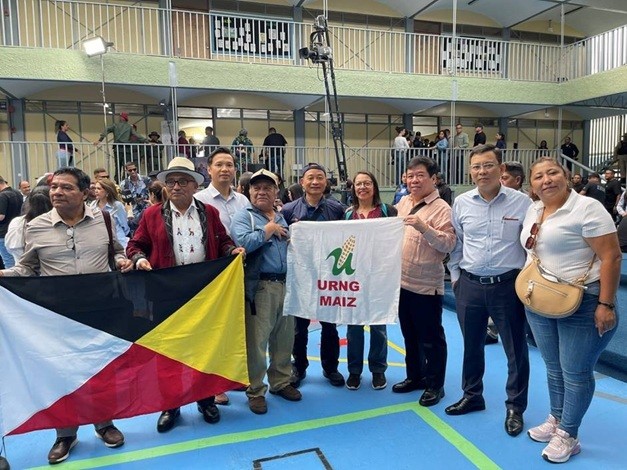 Focus
Focus
Strengthen Solidarity and Friendship Between Vietnam and Venezuela
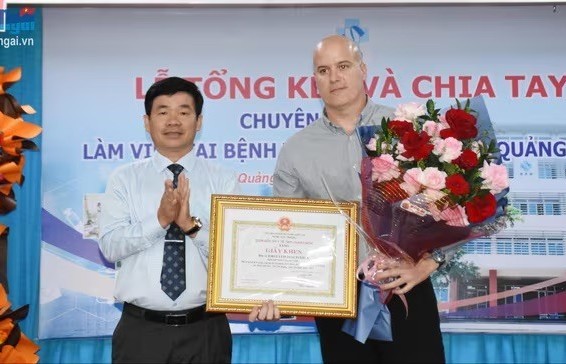 Friendship
Friendship
Quang Ngai Recognizes Cuban Health Experts' Contributions to Mother and Child Care
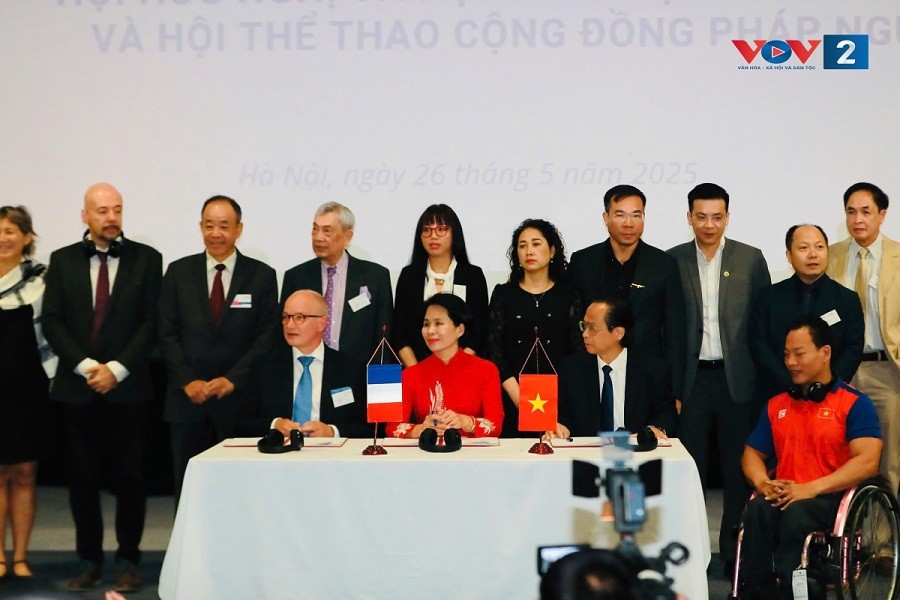 Friendship
Friendship
Vietnam, France Promote High-performance Sports
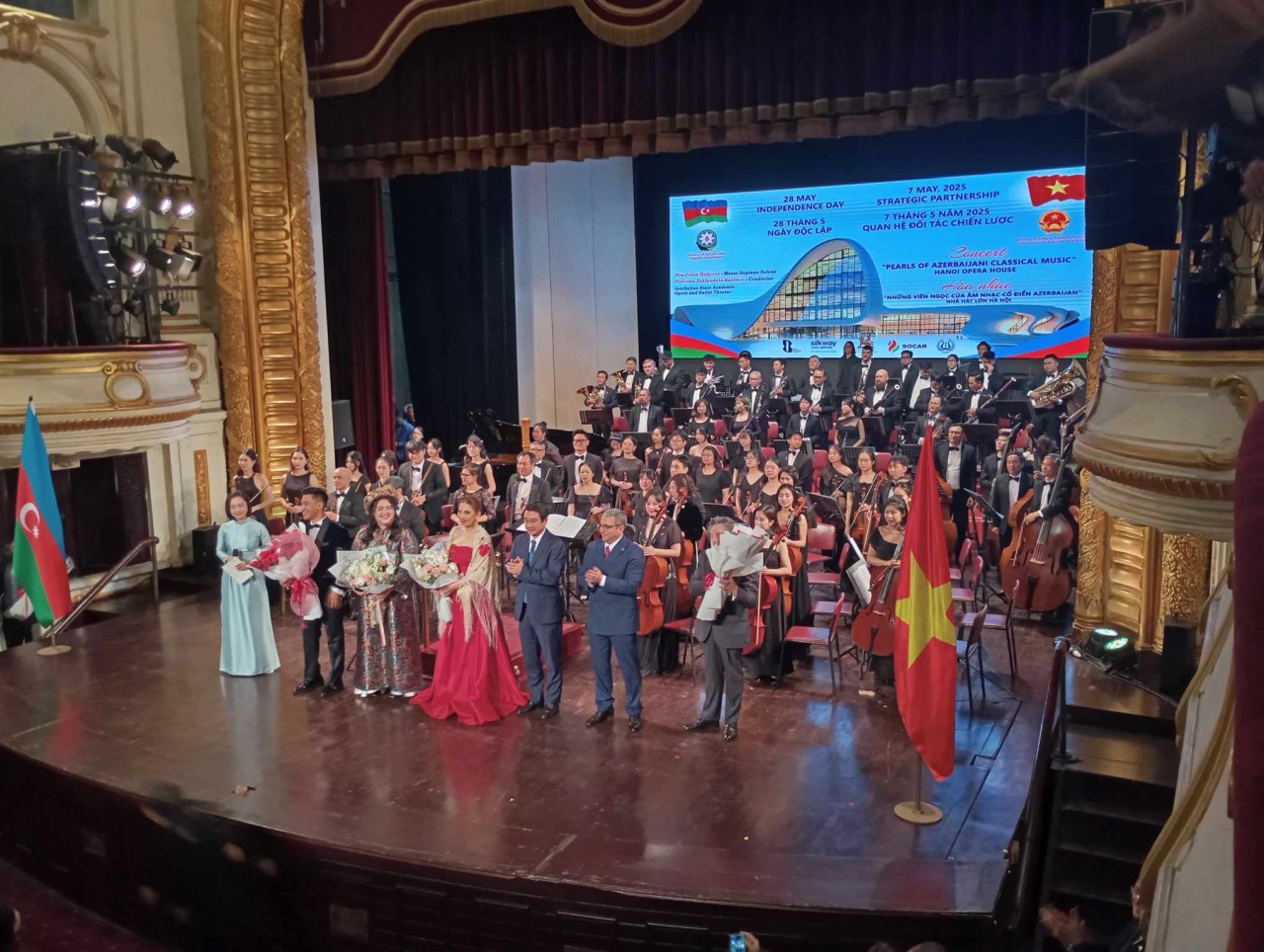 Friendship
Friendship
Concert In Hanoi Highlights Vietnam - Azerbaijan Ties
Popular article
 Focus
Focus
"Vietnamese - Cuban Children, Deep Friendship" Painting Contest Announces Winners
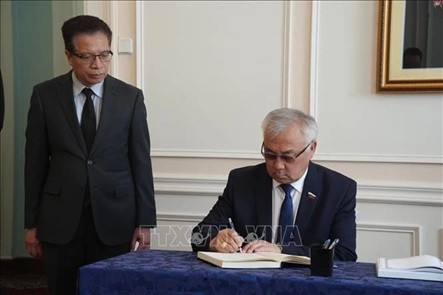 Friendship
Friendship
Int'l Friends Pay Final Respects to Former President Tran Duc Luong
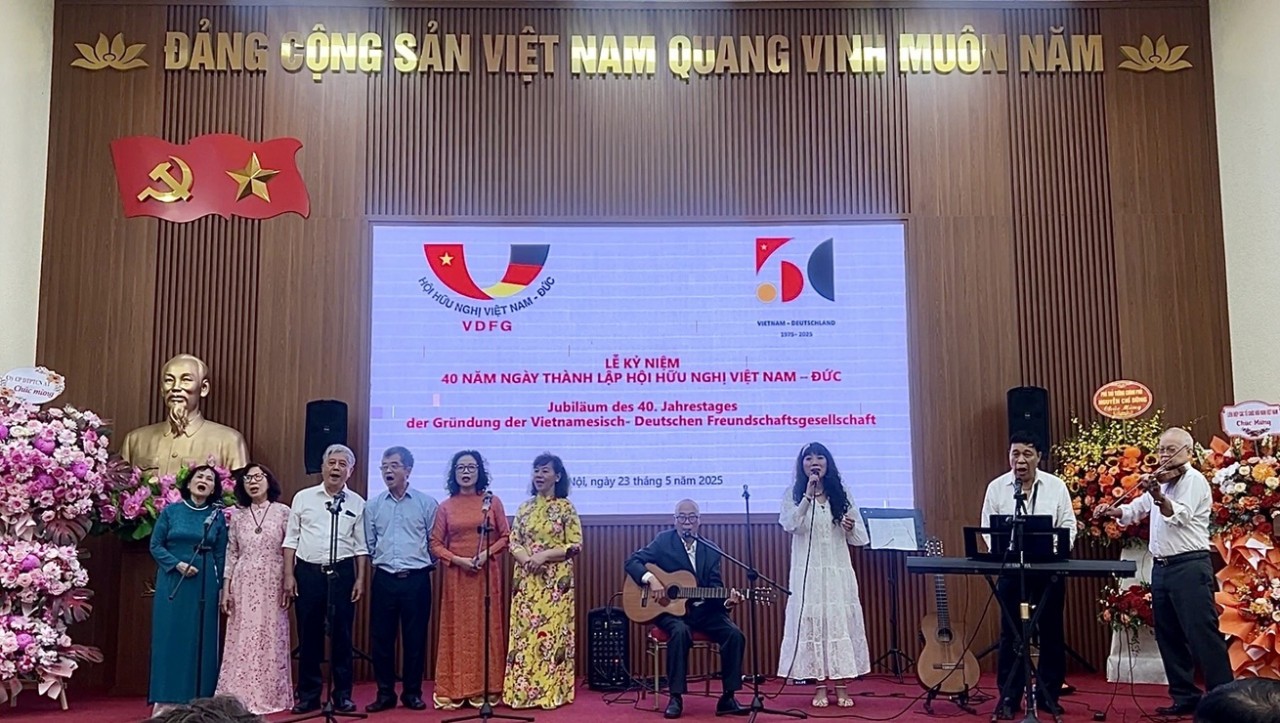 Focus
Focus
Solid Bridge for People-to-people Relations between Vietnam and Germany
 Friendship
Friendship



